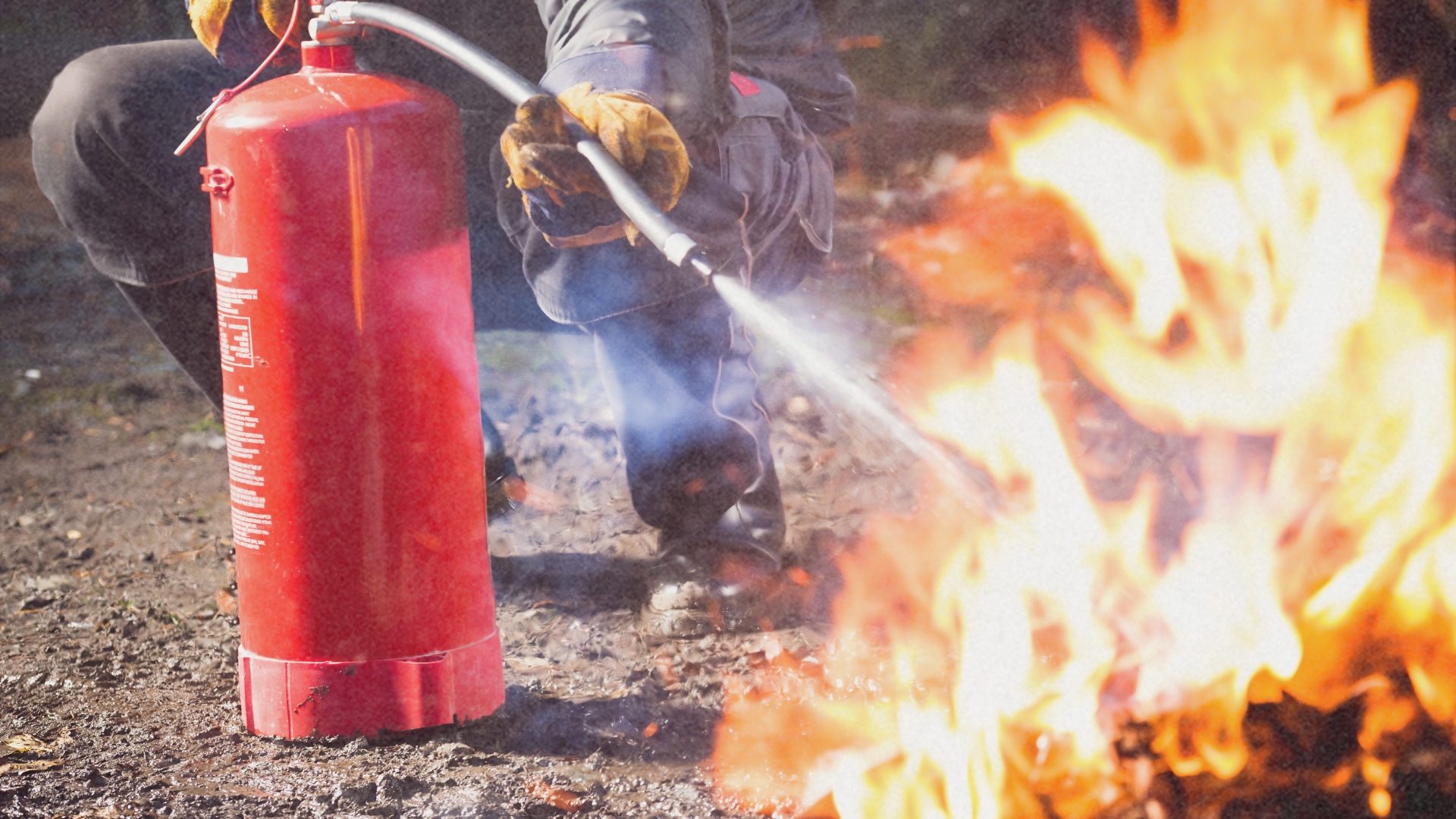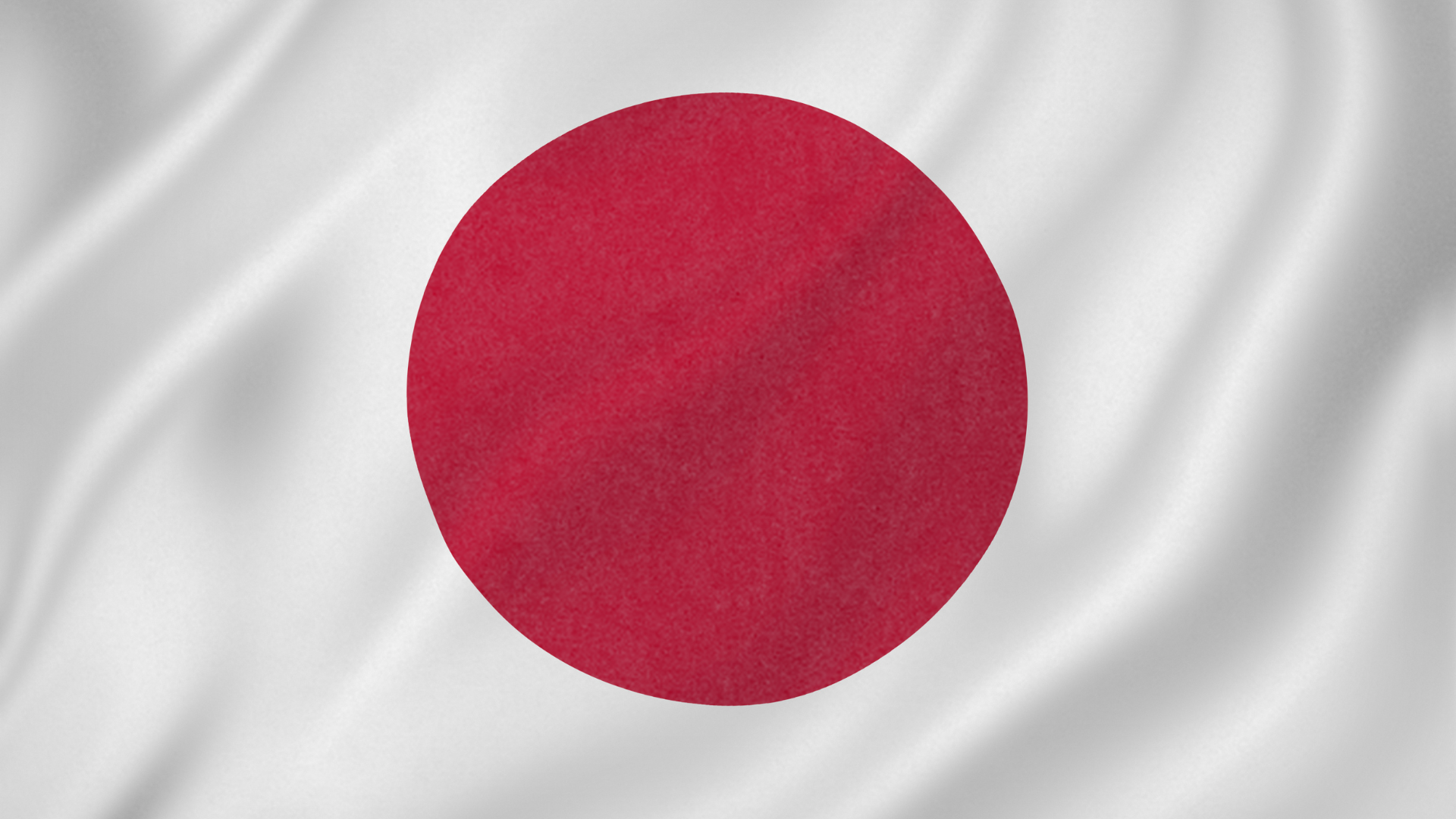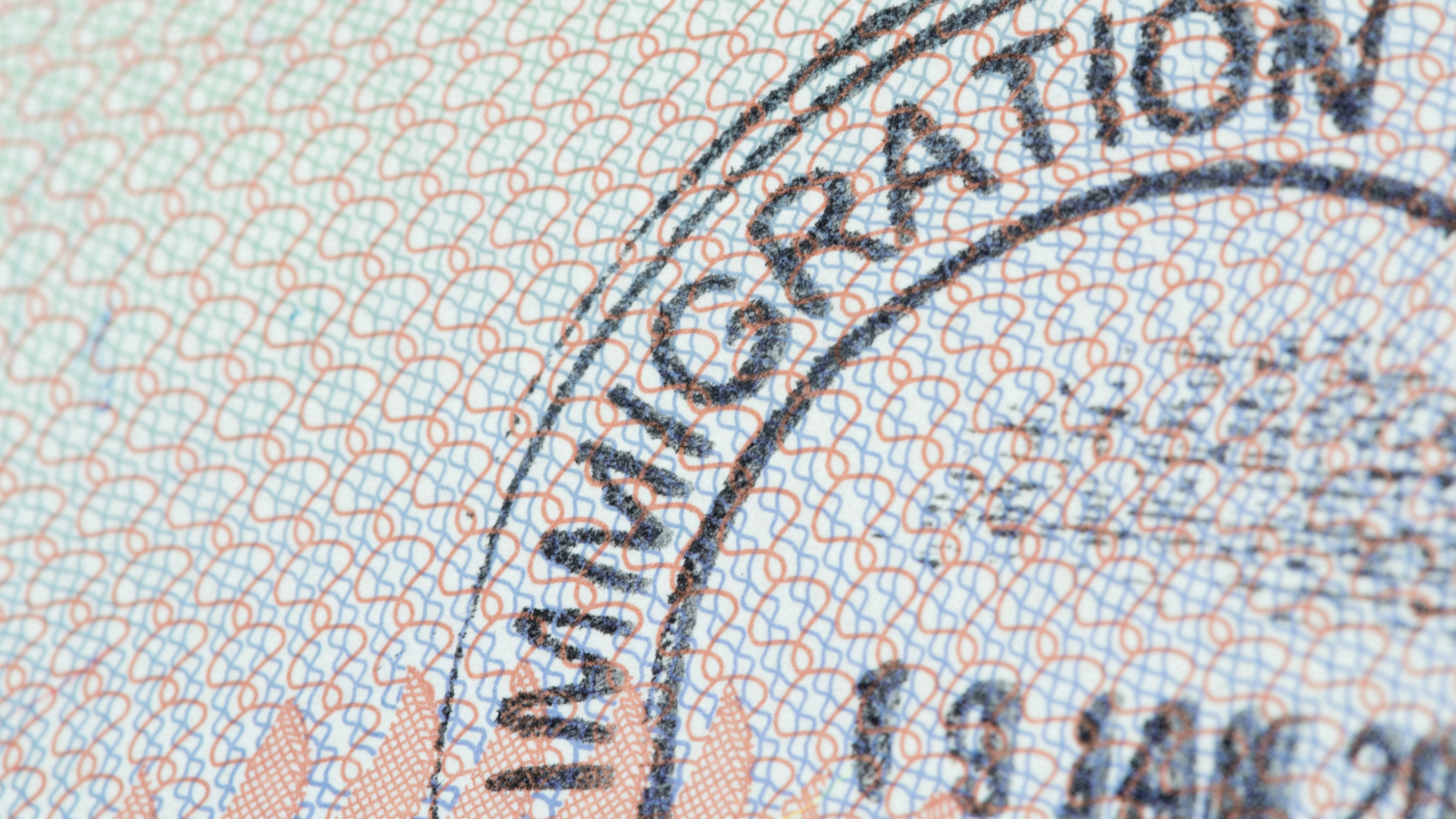The president is mulling a suspension of the Great Writ of Liberty, stirring fear and bad memories of Martial Law.

President Rodrigo Duterte’s war on illegal drugs isn’t slowing down.
Despite criticism against the government for tolerating, if not encouraging, multiple human rights abuses and extrajudicial killings committed in the name of the drug war, Duterte’s public opinion numbers remain high, as does the approval ratings of his anti-drug policy.
The polling agency, Social Weather Stations (SWS), conducted a survey on September 24-27, nearly a hundred days after Duterte took office. The results showed a 78 percent net satisfaction rating; 85 percent of respondents said they were satisfied with the drug campaign and with the administration’s handling of human rights.
Bolstered by these numbers, there’s little that can get in the way of the president going so far as to suspend a notable safeguard against unlawful arrests, which he has threatened to do a few times before, with increasingly urgent rhetoric.
In a speech last Friday in Davao City, President Duterte said that if his hand were forced he would declare the suspension of the writ of habeas corpus. He made this warning as he was, as he often does, speaking in vague terms about the gravity of the drug situation in the country.
The administration’s claims that the illegal drug trade and drug-related crimes have gotten worse in the last couple of years has been put to question by media fact checkers. But there’s little to be done about it. The administration’s policies clearly have an overwhelming people’s mandate.
But habeas corpus is another thing altogether.
What exactly is it? And why should you be concerned about the president’s musings?
In a nutshell, it is a legal principle that protects individual freedom. Translated literally from the Latin, it means “you may have the body”–the “body” being a person who has been detained, and “you” being anyone or anything demanding to see it, such as a court.
It implies that anyone must first undergo the examination of the courts, or be put to trial, before being lawfully imprisoned.
The writ takes practical form as a written command in the name of the court, directing a detainer, such as the military or police, to present their prisoner. Any person, whether illegally or legally detained, is entitled to this petition. A detainer is then ordered to explain the cause of detention and to present the person detained.
The suspension of the privilege of the writ of habeas corpus will make arrests, whether legal or illegal, free from scrutiny and inquiry.
Simply put: if you’re arrested, you or those who would speak on your behalf, would not be able to inquire about the reasons behind your arrest. Your detainers would not be required to produce you or your body before any court.
It certainly is cause for concern, not only for human and civil rights advocates. The privilege of habeas corpus was suspended during Martial Law under President Ferdinand Marcos. During this period, there weren’t any safeguards against numerous unchecked arrests; Amnesty International estimates that 70,000 were imprisoned, 34,000 were tortured, and 3,240 were killed.
The post-Martial Law 1987 Constitution allows for the suspension of the privilege for a limited time, not exceeding 60 days. The same constitution provides that a report justifying the suspension must be submitted within 48 hours to Congress. Congress voting jointly may revoke the suspension by a majority vote.
Only two instances, the Constitution states, can justify it: invasion or rebellion. Neither of which threatens the Republic at this time.





